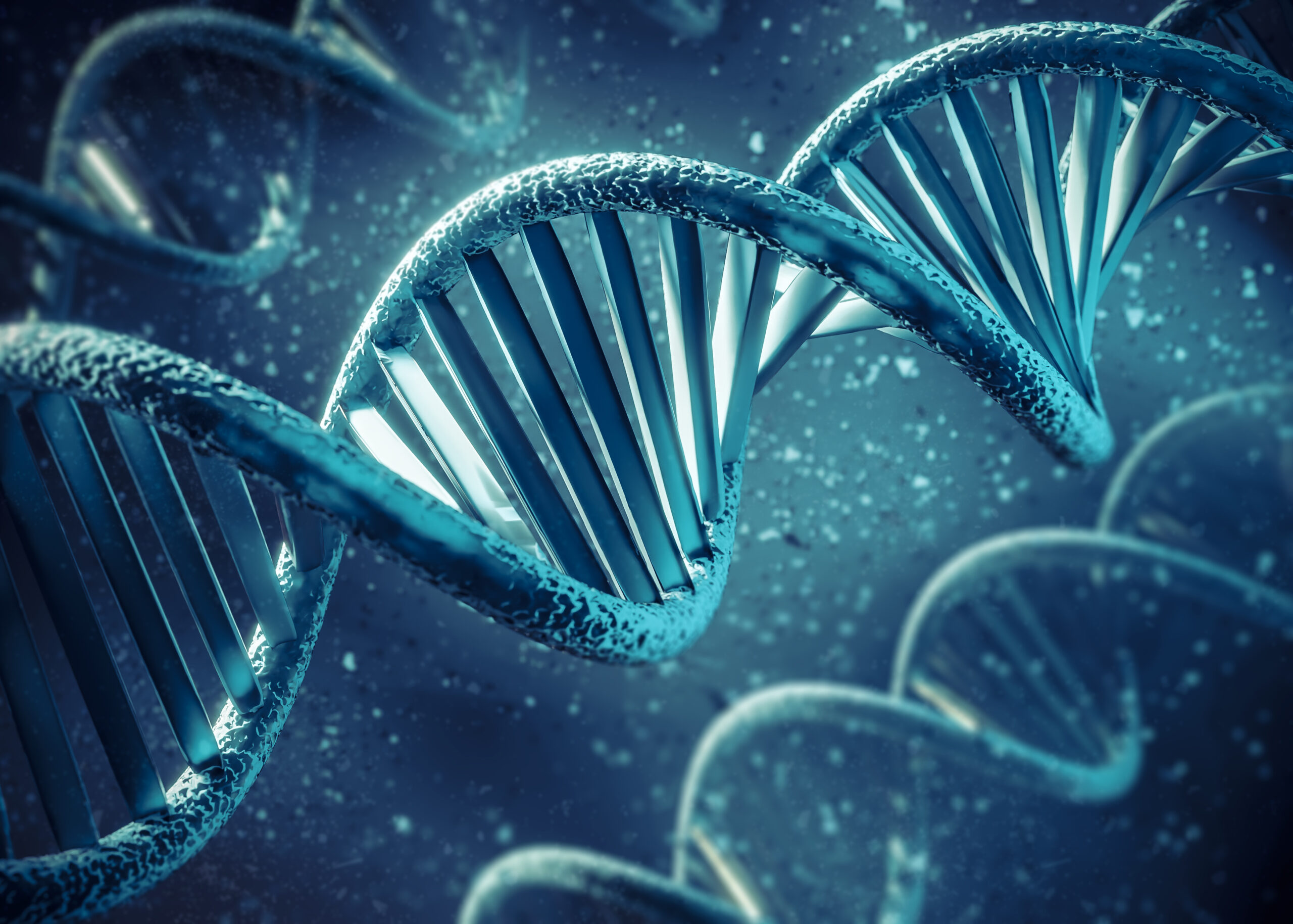Ever wondered what makes you… you? From the color of your eyes to how your body reacts to certain foods, it’s all written in your DNA. A DNA test is like unlocking a book full of information about your body, your roots, and your health. With just a small sample of saliva or blood, you can learn things about yourself that you never imagined.
In this blog, we’ll explore how DNA testing works, what it can reveal, who should get one, and why the Advanced Genetics Department at Lifeline Hospital in Kochi is a trusted choice for reliable DNA testing.
What is a DNA Test?
A DNA test is a scientific process used to analyze your genetic material. DNA stands for Deoxyribonucleic Acid—it’s the code inside every cell of your body that determines who you are. Think of it as your body’s instruction manual.
During a DNA test:
- A sample is collected (usually saliva, cheek swab, or blood).
- The DNA is extracted and analyzed in a lab.
- The results show information about ancestry, traits, genetic conditions, and health risks.
What Can a DNA Test Tell You?
DNA testing isn’t just for crime scenes or finding long-lost relatives. It has real, everyday uses. Here are some things a DNA test can reveal:
1. Ancestry & Heritage
Learn where your ancestors came from, what regions your genes are linked to, and discover ethnic backgrounds you may not have known about.
2. Health Risks
A DNA test can detect genetic markers linked to diseases like cancer, heart conditions, and diabetes, helping you take preventive steps early.
3. Carrier Status
It can show if you carry genes for conditions you might pass on to your children, such as cystic fibrosis or thalassemia.
4. Traits and Characteristics
Discover fun facts like whether you’re more sensitive to caffeine, your likely hair texture, or how you respond to exercise.
5. Family Planning
Couples can use DNA testing before pregnancy to understand any genetic risks to their future children.
Types of DNA Tests
There are several types of DNA tests, each serving a different purpose:
- Diagnostic Testing: Identifies or rules out specific genetic conditions.
- Predictive Testing: Assesses the risk of developing a disease later in life.
- Carrier Testing: Checks if you carry a gene for a genetic disorder.
- Ancestry Testing: Traces your ethnic background and family roots.
- Prenatal Testing: Checks for genetic conditions in a baby during pregnancy.
Each test is different, so it’s important to choose the right one for your needs. That’s where expert guidance, like that offered by Lifeline Hospital’s Advanced Genetics Department in Kochi, becomes invaluable.
Who Should Consider a DNA Test?
You might think DNA testing is only for people with known health issues, but it’s actually helpful for many others, such as:
- Individuals with a family history of genetic conditions
- Couples planning to have children
- People interested in learning about their ancestry
- Patients with unexplained medical symptoms
- Anyone curious about their genetic traits or risks
Benefits of Getting a DNA Test
1. Early Detection & Prevention
Knowing your genetic risks can lead to early diagnosis and preventive care.
2. Personalized Health Plans
Doctors can tailor treatments or lifestyle changes based on your DNA.
3. Informed Family Planning
Understand risks of passing conditions to your children.
4. Peace of Mind
In many cases, a DNA test provides reassurance and clarity.
5. Fun Discoveries
From ancestry maps to unique traits, DNA tests can be eye-opening and fun!
Limitations and Ethical Considerations
While a DNA test offers valuable insights, it’s not a crystal ball. It can’t predict everything, and lifestyle still plays a big role in your health. Also, there are ethical concerns about privacy and data usage. Always choose a reputable medical facility with strong data protection policies.
Why Lifeline Hospital, Kochi is the Best Place for DNA Testing
Lifeline Hospital in Kochi is known for its modern, reliable, and ethical approach to genetic testing. Their Advanced Genetics Department offers:
- Accurate testing with the latest technology
- Certified genetic counselors to explain your results
- Privacy and data security
- Personalized care based on your DNA profile
If you’re looking for trustworthy, science-backed testing, book your consultation here:
👉 Lifeline Hospital, Advanced Genetics Department in Kochi
What to Expect During a DNA Test
Step-by-step process:
- Schedule an appointment with a genetics expert.
- Provide a sample (saliva, cheek swab, or blood).
- Wait for results (usually 2–4 weeks).
- Review your results with a genetic counselor or doctor.
The test is painless and non-invasive, with no downtime. It’s a small step with a big impact on your health journey.
Conclusion
A DNA test is more than just a trend—it’s a tool for better understanding yourself. Whether you’re planning a family, worried about health risks, or just curious about where you come from, DNA testing gives you clarity and control.
Just make sure to choose a reliable facility. With experienced doctors, advanced labs, and complete privacy, Lifeline Hospital’s Advanced Genetics Department in Kochi is a trusted name you can rely on.
FAQs
1. How accurate is a DNA test?
Very accurate—most medical-grade DNA tests are 99% reliable for identifying genetic markers.
2. Is it safe to do a DNA test?
Yes, it’s non-invasive and completely safe. There’s no risk involved in providing a DNA sample.
3. Can DNA tests diagnose diseases?
They can identify genetic markers linked to diseases, but further tests may be needed for a confirmed diagnosis.
4. Do I need a doctor’s referral for a DNA test?
Not always, but it’s recommended to consult a specialist to choose the right test and interpret results correctly.
5. Are DNA tests covered by insurance?
It depends on the reason for testing and your insurance provider. Medical DNA tests are more likely to be covered than ancestry ones.

